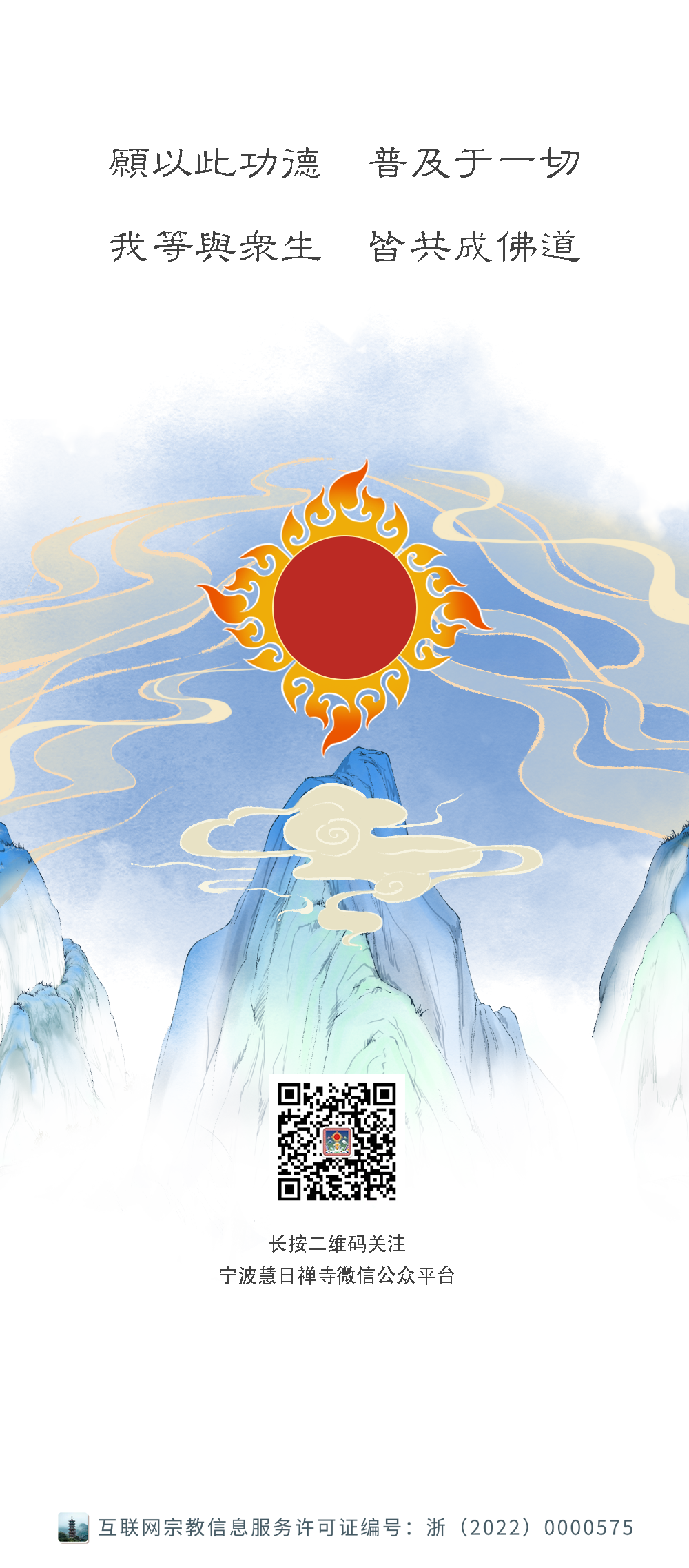一个如理如法的修行者,自然就能成为人间的福田
Please click to play audio
皈依佛
Namo Buddha
皈依法
Namo Dharma
皈依僧
Namo Sangha

作为修行人,就是专门对治自我感觉、专门瓦解我执的。自我能瓦解,这就是功夫。
什么叫空性的智慧?观“色”如聚沫,观“受”如水泡,观“想”如阳焰,观“行”如芭蕉,观“识”如幻影。能这样用生命去实践,从自我虚伪的五蕴里突破出来,照见五蕴皆空,我们才有资格说自己是佛弟子。
师父悟公上人常说一句话:“有道无道,自己知道。”他老人家虽然很谦卑、很低调,但他内在的功德还是会周身洋溢着。那些上了年纪的信众,虽然不懂佛法,但凭着直觉,就知道这位老和尚好,看到他就很开心、很欢喜,就想近距离地亲近他。这时候,我师父就会慈祥地笑笑,神摄着,如如不动。他对着老太太们虽然讲不了法,但实际上已经让她们结到佛缘了。
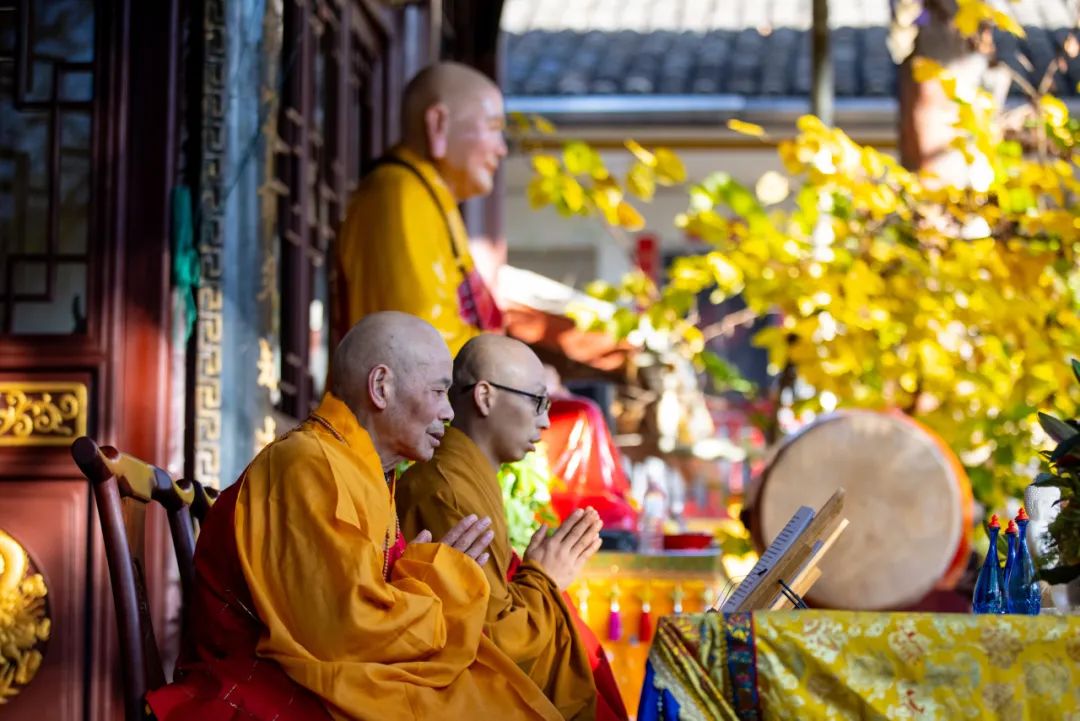
以前,灵岩山佛学院的法因老和尚曾告诫学子们,你们以后不要去惦记那些烧香老太太的香篮。过去的老太太挎个香篮,里面有香、有瓜果、有红包,一个出家人如果惦记了,就没出息了。这意思就是说,只要自己是一个如理如法的修行者,自然就能成为人间的福田。
以前,迦叶尊者偶尔下山一次,就专找穷人家乞食。一是穷人家的供养总是非常简单,没有可口的东西,这样能对治我执,对治贪欲。另外,也是给这些贫穷的人一个布施、修福、种下善根的机会。

我们要知道自己的价值是什么。天地间再贵重的东西,也是有价的;但是我们修行的那颗虔诚的心,我们追随文殊菩萨的那种愿力,是无价的。
在文殊菩萨的加持下,我们有了空性的智慧,就能很好地破除我执。平时我执重的,碰不得的,“别碰我,我是马蜂窝”,那你就要把那些马蜂散到天地间去,散到花丛中去。让马蜂都到百花间去干活,一朵一朵坐在小莲花上,这样那些蜂窝就不要紧了。等到马蜂回来了,千万不能碰它。
这讲的就是一种修法的观想。当我们觉得被别人惹到的时候,我们就想,算了算了,让那些蜜蜂都出去采蜜吧,这个五蕴的我执的巢穴,让它空一点,我执轻微一点。而不是,你碰我,我就咬你一口。那样被咬的人是会很痛苦的。
我们有没有那蜂巢?有的人修了老半天把蜂巢(我执)修得大大的,马蜂(烦恼)喂得胖胖的。实际上,能成为佛弟子,能一起学佛,这是无量百千万亿劫的善缘。
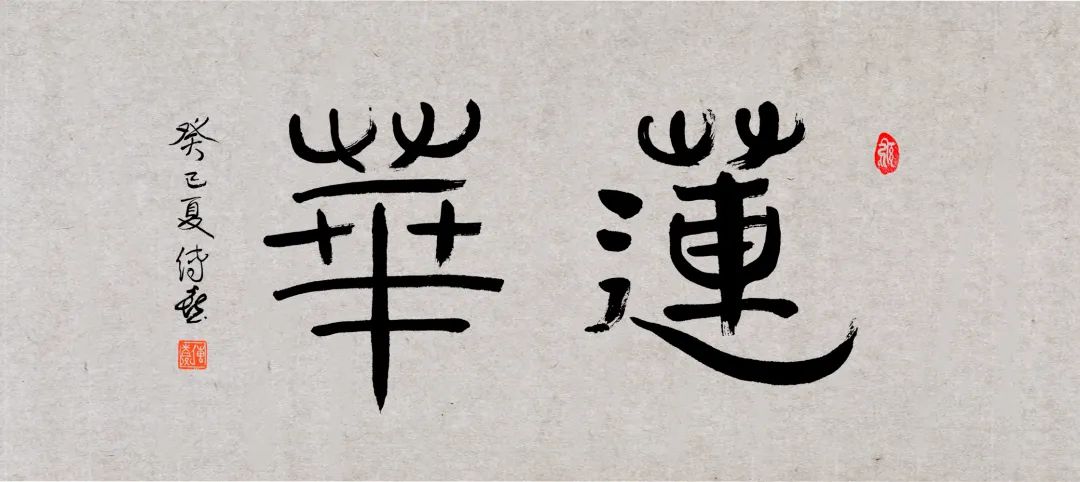
所以,修行人,心要调柔,要把我执放下,安住在好的法的状态里,对内降伏自己的贪嗔痴,对外慈悲喜舍。
我们也常常说,对内要有惭愧心,对外要有慈悲心,对三宝要有恭敬心,对今天所处的一切境界要有感恩心。这个“要”,只不过是一个“参考系数”,而具体的方向需要我们自己去修。
人生是很短暂的,所以我们要把功德储备得满满的,等到死亡现前的时候就不用回头看,一直往前走,光明的路我们自己早已经铺好了。那时,肉身的四大皆散坏,一切眷属皆分离,一切威势皆不复存在,唯有我们修行所得的资粮不相舍离。
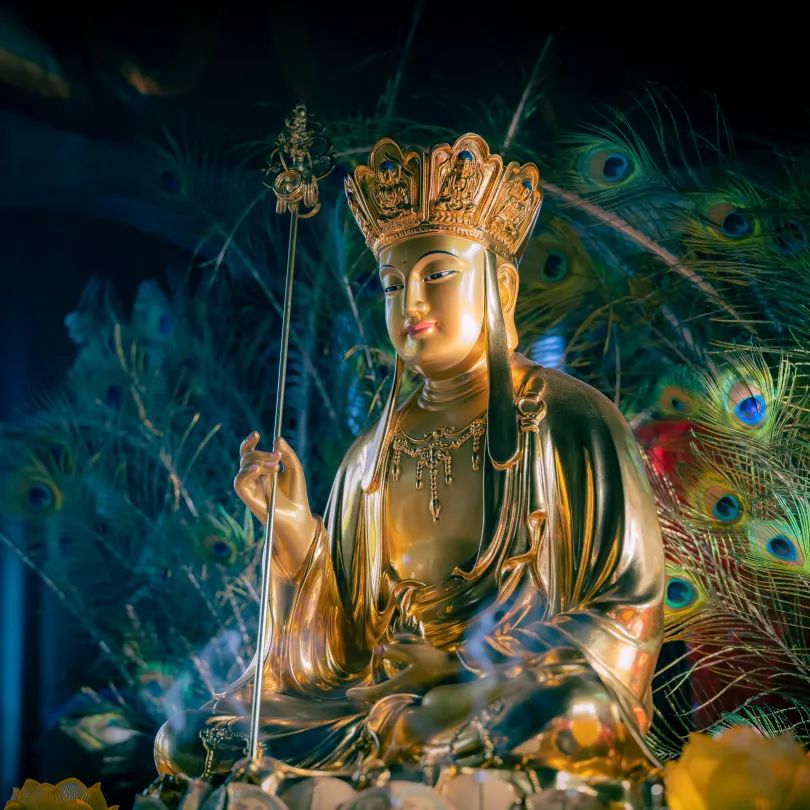

—绿色字部分翻译—
请滑动阅览
To walk the path of spiritual cultivation is to continuously confront and dismantle one’s sense of self—especially the deep-rooted attachment to ego (Atma-graha). The ability to dissolve the ego—that is real spiritual attainment.
What is the wisdom of emptiness? It is the insight that sees form as a foam bubble, feeling as a water droplet, perception as a shimmering mirage, volition as a plantain trunk, and consciousness as an illusion. To live by this understanding and break free from the falsehoods of the five aggregates—this is how we truly come to realize that the five skandhas are empty. Only then are we qualified to call ourselves disciples of the Buddha.
My Master, Venerable Grand Master Wu-Gong, used to say, “Whether one has true realization or not, one knows it within.” Though he carried himself with great humility and modesty, his inner virtue radiated effortlessly. Elderly devotees, though unfamiliar with Buddhist teachings, were drawn to him by pure intuition. They would feel joyful just being near him and naturally wished to be close. In those moments, my teacher would simply smile gently, calm and composed, unmoved in spirit. Even though he did not expound the Dharma to these elderly women, he was already helping them form a karmic connection with the Buddha.
We must come to understand our true worth. In this world, even the most precious treasures have a price. But the sincere heart we bring to our spiritual practice—the vow we make in following Manjushri Bodhisattva—is beyond value.
With the blessings of Manjushri, we gain the wisdom of emptiness, allowing us to gradually dismantle our attachment to self. Ordinarily, when our ego is strong, we become overly sensitive—“Don’t touch me, or you’ll stir up a hornet’s nest!” But instead of guarding that nest, why not let those hornets disperse into the vastness of the world—let them roam among the flowers, settling gently on lotus petals. If they’re all out busy gathering nectar, the nest back home won’t seem so threatening anymore. And if they do return, just leave them be—don’t provoke them.
This is a form of contemplative practice—a visualization. When we feel offended or agitated by others, try saying to ourselves: “Never mind, let those bees go gather nectar.” Let the hive of ego—the five-aggregate-based self—become a little emptier, a little lighter. Don’t respond with, “You touched me, so now I’ll sting you.” That kind of reaction only brings more pain to others.
Do we still carry that hornet’s nest within us? Some people spend years in spiritual practice, only to end up enlarging their ego—the nest of self—and feeding their hornets of affliction until they grow fat and fierce. In truth, to be able to call ourselves disciples of the Buddha and to walk this path together is the result of immeasurable merit accumulated over countless eons.
As practitioners, our hearts must become gentle and pliant. We must learn to let go of ego and abide in wholesome Dharma states—subduing greed, anger, and ignorance within, while extending compassion, joy, generosity and equanimity outward.
We often remind ourselves: inwardly, cultivate a sense of humility; outwardly, nurture a heart of compassion. Toward the Triple Gem, uphold a heart of reverence. And toward all situations in life, no matter how ordinary or difficult, maintain a heart of gratitude. These aren’t rigid demands—they serve as guiding reference points. The actual path, however, must be walked by each of us through personal cultivation.
Life is fleeting. That is why we must diligently accumulate virtue and merit. So when death draws near, we have no need to look back—we simply walk forward. The path of light will already have been laid beneath our feet. In that moment, the physical body—composed of the four elements—will dissolve, loved ones will part, worldly power and influence will vanish. What remains, inseparable from us, are the spiritual resources we have earned through our practice.
英文翻译:妙莲
英文朗诵:Roc
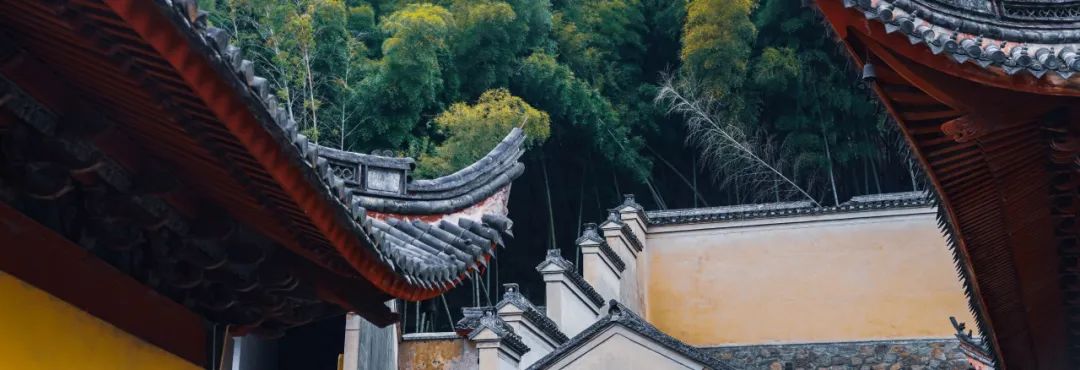



养心 Slogan
频繁刷手机,我们的心灵很容易被碎片化,不要沉溺其中,学会自我节制,通过学习佛法来有效滋养并净化我们的心灵,一起回归心灵,保持身心灵的健康。
